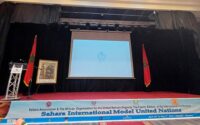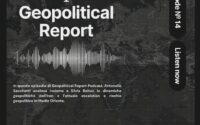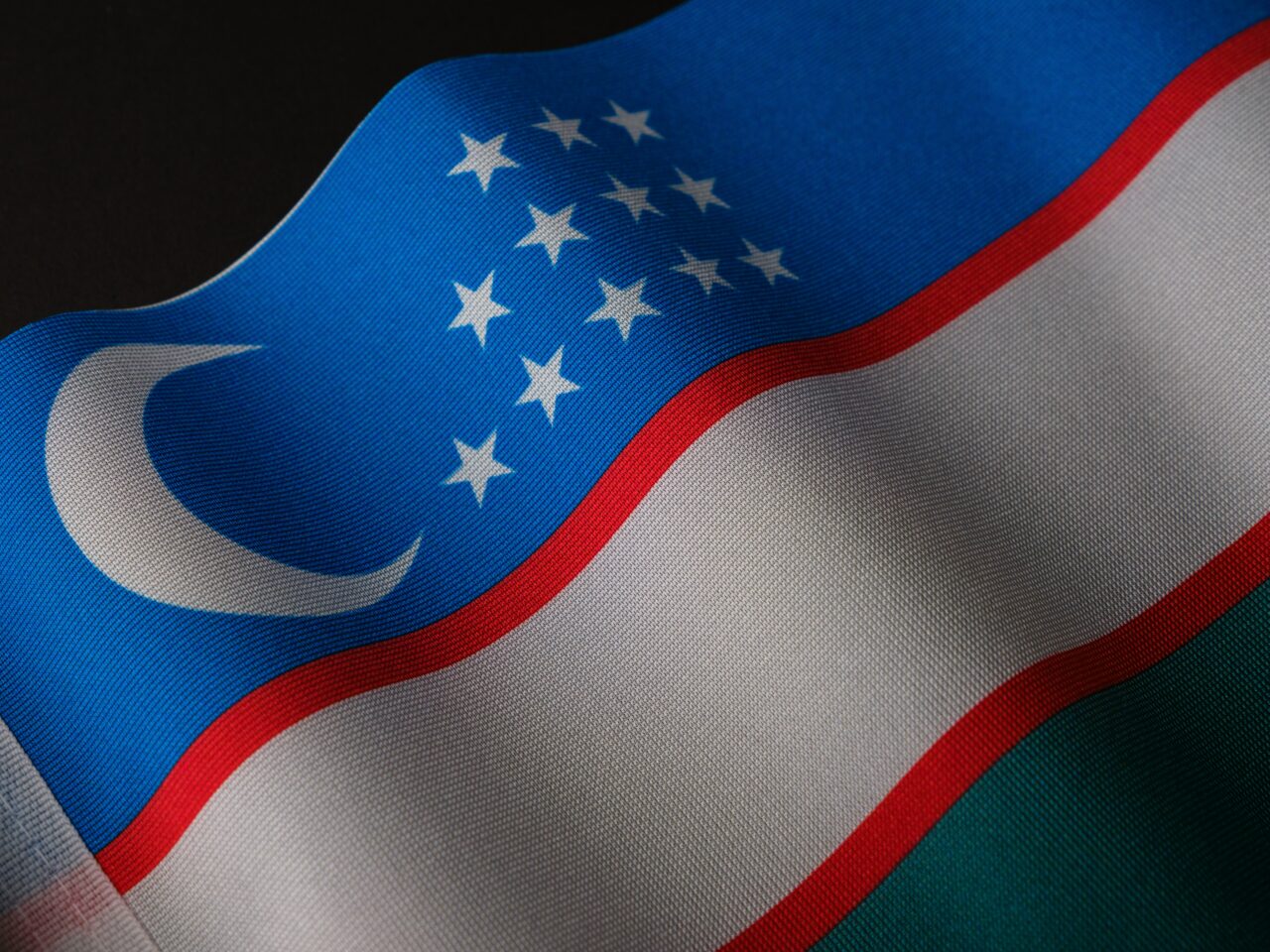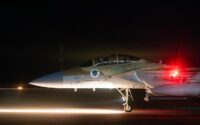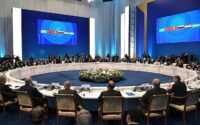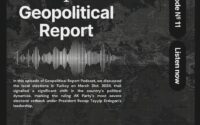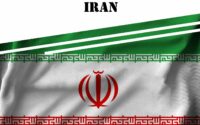Tag: Silvia Boltuc
Silvia Boltuc – Founder & Managing Director. She is an International affairs specialist, business consultant and political analyst who has supported private and public institutions in decision-making by providing reports, risk assessments, and consultancy. Due to her work and reporting activities, she has travelled in Europe, the Middle East, South-East Asia and the post-Soviet space assessing the domestic dynamic and situations and creating a network of local contacts. She is also the Director of the Energy & Engineering Department of CeSEM – Centro Studi Eurasia Mediterraneo and an editor/analyst at the Italian media agencies Notizie Geopolitiche, Opinio Juris, and European Affairs Magazine. Previously, she worked as an Associate Director at ASRIE Analytica. She speaks Italian, English, German, Russian and Arabic. She co-authored the book Conflitto in Ucraina: rischio geopolitico, propaganda jihadista e minaccia per l’Europa (Enigma Edizioni 2022).









